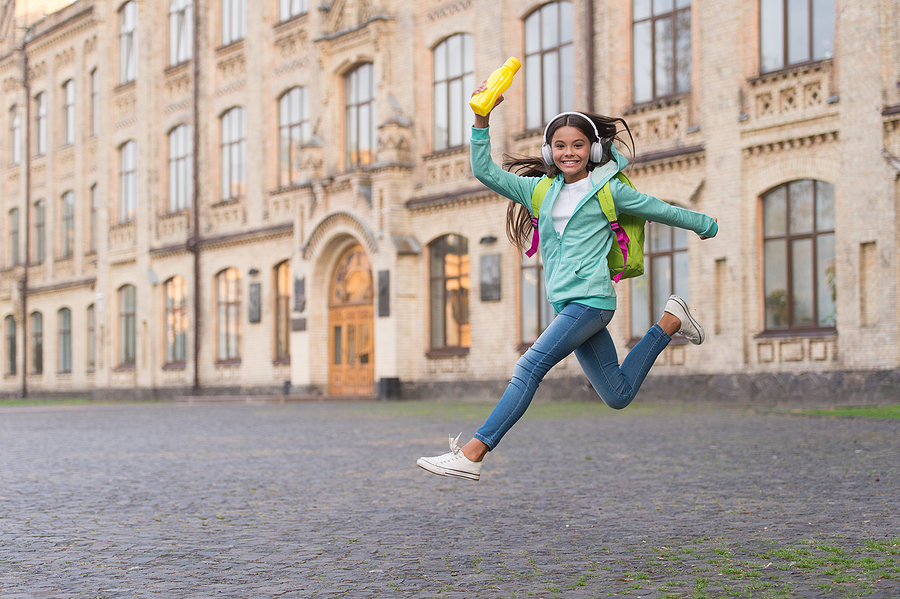
Active teens, happy teens?
Teens who are more physically active are also happier. The question is, however, does more exercise make teens happier, or does being happier make them exercise more? A study in the International Journal of Behavioral Nutrition and Physical Activity aims to answer this chicken-and-egg question. Interestingly, it turns out to work both ways.
Take aways
- Teens who are on average more physically active are also happier.
- The relationship between physical activity and happiness is reciprocal: more activity makes teens happier, and being happier makes them more active.
- Physical activity is thus not only important for teens’ physical health but also for their mental health.
- For health communication professionals it's important to know that stimulating physical activity can trigger a positive spiral of physical and mental health in teens.
Study information
Who?
1484 participants (mean age: 11.23, age range: 8-17, 46.11% male)
Where?
The Netherlands
How?
Participants received a smartphone and wore an activity tracker (Fitbit Flex™) for several weeks in 2016-2018. On the smartphone, participants received a question at a random time during the day, in which they indicated how happy they felt at that exact moment. The activity tracker measured the number of steps per minute (= physical activity).
Facts and findings
- The participant's number of steps in a day was related to the happiness experienced on that day
- The number of steps per day varied considerably between and within participants.
- Teens who generally took more steps per day (and thus were generally more physically active) reported higher levels of happiness than those who generally took fewer steps per day.
- Teens who take more steps in a day than they do on average are happier on that day, compared to days when they take fewer steps than usual. However, the evidence for this relationship is weak.
- The reciprocal relationship between physical activity (number of steps) and happiness was relatively short-lived: being more physically active made teens happier in the next hour, and when they were happier, they became also more physically active in the hour after that. However, being more physically active did not make teens happier the next day and insufficient evidence was found to show that being happy made teens more physically active the day after.